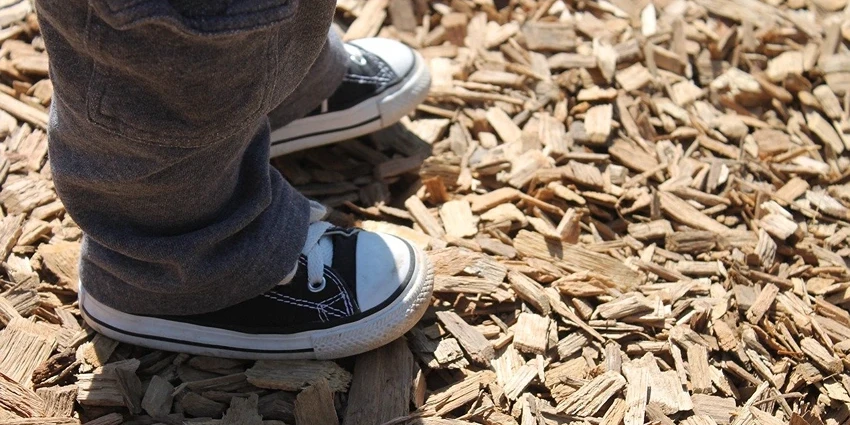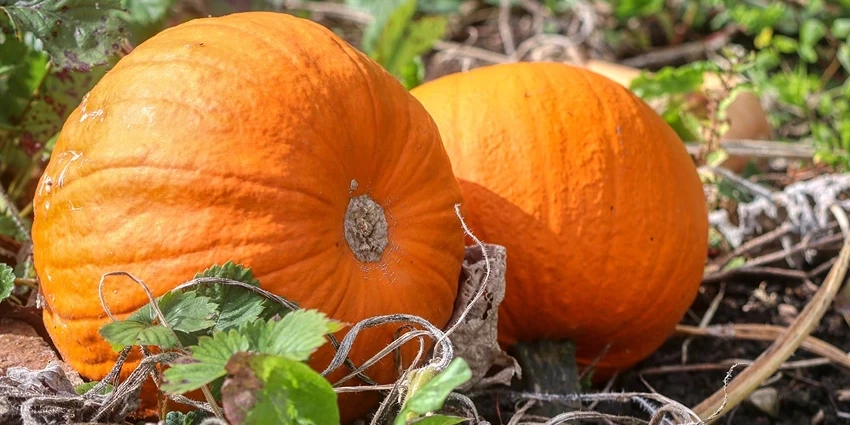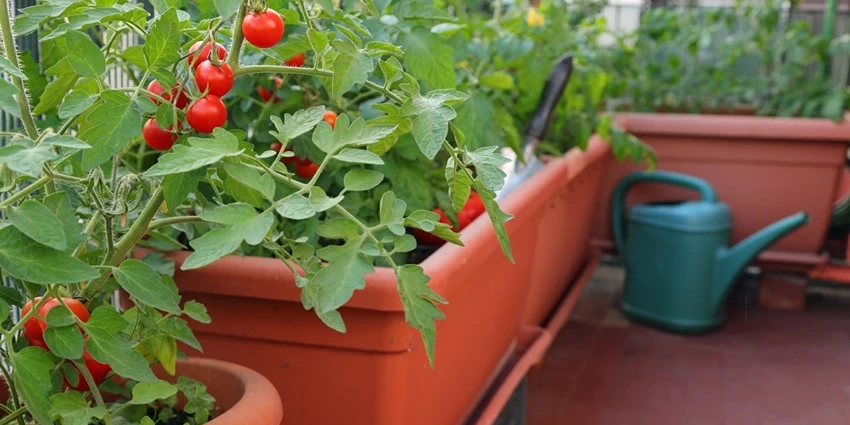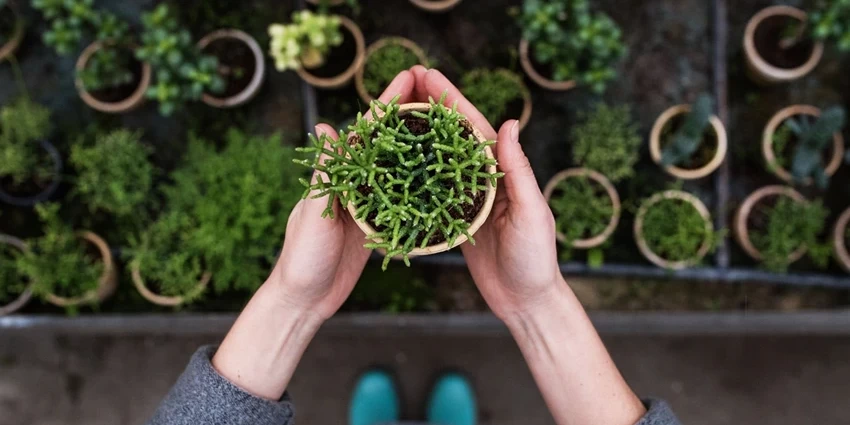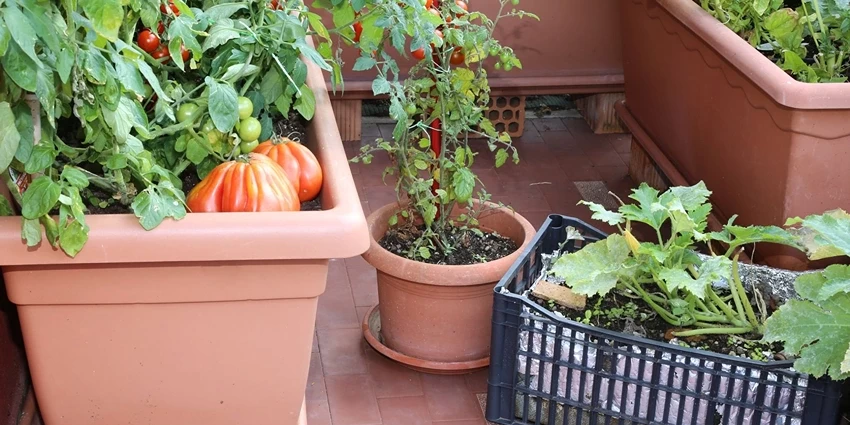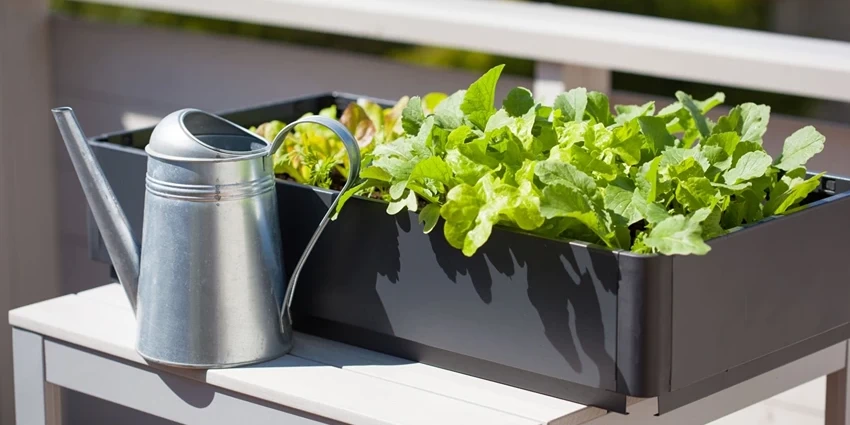All products were chosen independently by our editorial team. This review contains affiliate links and we may receive a commission for purchases made. Please read our affiliates FAQ page to find out more.
Home » Gardening Practices » Organic Gardening in Summer
Summer brings a unique set of challenges and opportunities to the organic gardener. The warmth and longer days can be a boon for growing a variety of vegetables, especially when using containers. However, the heat can also be a stressor for both plants and gardeners. This article delves into the essentials of maintaining a thriving container vegetable garden during the summer months, focusing on heat tolerance, efficient watering, and overall plant care.
During the summer, utilising the best charcoal BBQ not only elevates your organic gardening experience by providing a natural method to prepare your harvest but also contributes to a sustainable cycle by allowing you to use organic waste as a source of charcoal.
Register for our latest in-depth reviews and product round-ups from the experts.
Enter your email address below to receive our monthly review emails.
By entering your details, you are agreeing to our terms and conditions and privacy policy. You can unsubscribe at any time.
Understanding Heat Tolerance in Plants

The Science Behind Plant Heat Stress
Plants, like humans, experience stress when temperatures soar. This can lead to a range of issues from wilting to reduced yield. Understanding how plants react to heat and selecting heat-tolerant varieties is crucial for a successful summer garden.
Choosing the Right Varieties for Your Container Garden
When selecting plants for your container garden, focus on those known for their resilience in warmer climates. Vegetables like tomatoes, peppers, and some leafy greens often fare well. For more detailed information on heat-tolerant plants, the Royal Horticultural Society offers a comprehensive list.
Setting Up Your Container Vegetable Garden
Choosing the Right Containers
The type of container you choose can significantly impact the health of your plants. Opt for materials that insulate roots from extreme temperature changes and ensure good drainage.
Soil Preparation and Organic Fertilizers
A good quality organic potting mix is essential for container gardening. It should be light, well-draining, and rich in organic matter. Incorporating organic fertilizers will provide your plants with the necessary nutrients without the harsh chemicals found in synthetic options.
Watering Strategies for Summer Gardening
Efficient Watering Techniques
Watering is more art than science, especially in the heat of summer. Here are some tips for efficient watering:
- Water early in the morning or late in the evening to reduce evaporation. Utilizing best garden hose spray guns can help in applying water precisely where it’s needed.
- Use a drip irrigation system or a soaker hose for deep watering.
- Check the soil moisture regularly; it should be moist but not soggy.
Signs of Overwatering and Underwatering
Understanding the signs of over and underwatering can save your plants from stress. Wilting, yellowing leaves, and stunted growth are common indicators that your watering routine needs adjustment. Ensure accurate watering with one of the best garden hoses, designed for precise moisture control.
Organic Pest Control and Disease Management
Natural Pest Deterrents
Organic gardening relies heavily on preventing pests naturally. Introducing beneficial insects, using neem oil, and planting pest-repelling plants are effective strategies.
Identifying and Managing Common Diseases
Regular monitoring of your plants for signs of disease is crucial. Look for spots on leaves, stunted growth, or rotting. Implementing organic fungicides and practicing crop rotation can help manage these issues.
Advanced Care for Heat-Tolerant Plants
Pruning and Supporting Plants
Pruning, especially with the best loppers, helps in air circulation and reduces the chances of fungal diseases.
Adjusting Care During Heatwaves
During extreme heat, your plants may need extra attention. Providing shade during the hottest part of the day and increasing watering frequency can help them survive a heatwave.

Organic Nutrient Management in High Temperatures
Organic Nutrient Sources
Organic compost, manure, and liquid seaweed are excellent sources of nutrients for your plants. They release nutrients slowly, which is ideal for container gardening.
Balancing Nutrient Levels in Summer
High temperatures can accelerate nutrient uptake. Regularly check your plants for signs of nutrient deficiencies or excesses and adjust your fertilization routine accordingly.
Harvesting and Storage Tips
Best Practices for Harvesting Vegetables
Harvesting at the right time is key to getting the best flavor and nutrition from your vegetables. Most vegetables are best harvested in the morning when their water content is highest.
Storing Your Summer Produce
Proper storage is essential to extend the freshness of your harvest. Most vegetables prefer a cool, dark place. Some, like tomatoes, are best kept at room temperature.
Choosing a Good Container
When selecting containers for organic gardening, consider the following types:
- Unglazed Terracotta/Ceramics: Very porous, allowing air to reach the roots. However, they require frequent watering and are sensitive to frost.
- Glazed Terracotta/Ceramics: Hold more water but less air, necessitating a lighter soil mix with perlite.
- Plastic Containers: Lightweight and nonporous, they retain moisture well but can get very hot, especially darker ones. They require a porous mix for proper airflow and drainage.
- Environmentally-Friendly Containers: Made from plant fibers or recycled plastics, these are increasingly popular and sustainable options.
Remember, larger containers are better as they provide more room for root growth.

Potting Mix
For a healthy organic container garden, use an organic potting mix. It should ideally contain compost and be free from chemicals and sewage sludge. You can enhance the mix with worm compost or add up to 5% glacial or volcanic rock dust for a broader spectrum of minerals.
Buying Plants
Choose healthy plants free from pests and diseases. Opt for herbs like basil, thyme, cilantro, dill, parsley, lemon balm, mint, and chives. Herbs are ideal for container gardening due to their adaptability and ease of harvesting.
Microbial Inoculants
In container gardening, it’s crucial to reintroduce beneficial microorganisms that are often missing in potting mixes. Products like Effective Microorganisms can be sprayed on the soil and plants to establish a healthy microbial ecosystem.
Container Fertilizing
Avoid synthetic fertilizers like Miracle Gro. Instead, use natural options like ocean water or seaweed extracts, which provide a broad spectrum of trace minerals. You can also use diluted molasses or cola as a homemade fertilizer to feed soil microbes.
Design Tip
Applying a garden fence paint that reflects the summer sun’s heat while blending naturally with your organic garden can create a harmonious and sustainable environment, enhancing both the beauty and the health of your summer garden sanctuary. Read our guide to fence paint here.
FAQs
Unglazed terracotta, glazed ceramics, plastic containers, and environmentally-friendly options are all suitable. The key is to ensure they have drainage holes and are large enough for root growth.
No, garden soil is too heavy for containers. Use a light, organic potting mix, ideally with added compost and rock dust for better nutrition.
Choose plants that are free from pests and diseases, and use microbial inoculants and organic fertilizers to maintain a healthy soil ecosystem.
While not mandatory, using microbial inoculants like Effective Microorganisms can significantly improve plant health by establishing a beneficial microbial environment.
Yes, homemade fertilizers like diluted molasses or cola can be used to feed soil microbes, which in turn nourish the plants.
Oliver, a creative powerhouse and gardening enthusiast, brings a unique blend of scientific knowledge and artistic flair to BritishGreenThumb.co.uk. Growing up in the vibrant city of Brighton, Oliver's earliest memories involve exploring the city's picturesque parks and gardens, which sparked his lifelong passion for horticulture.



